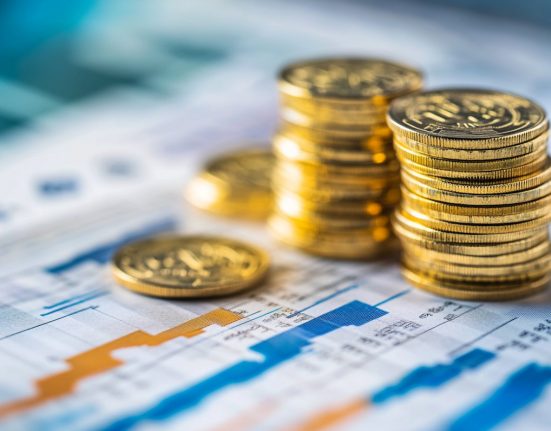With the Fed cutting interest rates this week, yields on cash will drop in the weeks ahead.
While an imminent Federal Reserve rate cut should give equities a boost, sinking interest rates also means some of the sweetest deals rewarding steady savers are coming to an end.
Over the past few years, high-yield savings accounts and other cash equivalents, such as money market funds, offered investors an awesome deal: You could earn a steady 5% return in cash without the risk that comes with volatile equities. That meant crypto bros and day traders had to come to terms with the fact that their cautious peers were making more from sitting in a basic savings account than they were refreshing FinTwit every 30 seconds.
But now, with interest on high-yield accounts poised to fall as the Fed cuts rates, the tables are turning. While rates won’t all come crashing down at once, the juice from cash accounts has probably already been squeezed, which means it’s time to figure out where to invest next.
Get off the sidelines
High-yield savings accounts are a great way to protect your rainy day fund from inflation, and financial advisors across the board recommend keeping about three to six months of living expenses in cash. If you’re saving for a big expense that’s still a few years away, such as a down payment for a home, for example, the pros say that funds are best kept in bonds or CD ladders.
For the long run, right now is the perfect time to lock in longer-term yields from investments like Treasury bonds, according to analysts, in order to secure rates before the Fed announces cuts on Wednesday.
But while it’s tempting to park your hard-earned money in the safety of fixed income, remember that being too afraid of risk can be almost as harmful as taking on too much risk. Cash returns are about to fall back down to earth, and staying on the sidelines means you might miss out on the power of compounding interest in the stock market.
“In addition to managing cash flows for short-term expenses, investors should hold a portfolio that aims to meet their financial objectives over a lifetime,” explained Solita Marcelli, CIO Americas at UBS, in a note today. “The focus, in our view, is to produce consistent growth and income to ensure that their lifetime spending needs will be met, even if there is a stretch of volatility or poor market returns.”
While your portfolio is yours to design, be aware that in the years to come, you won’t be earning the same risk-free returns in cash that you’ve recently enjoyed. While stocks are volatile, they pack a punch over time. So dive back into equities, the water is warm.








